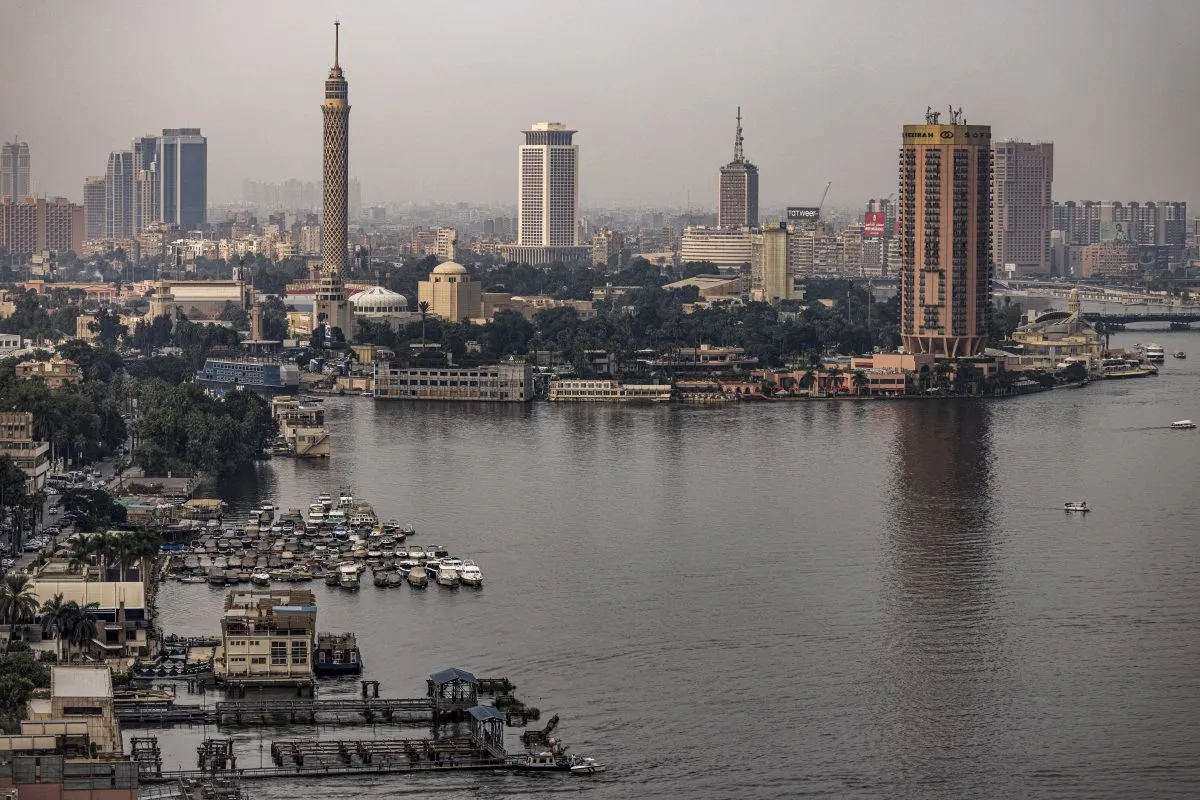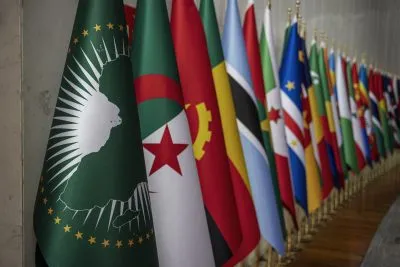The global credit ratings agency Fitch Ratings has reported that banks in the Gulf Cooperation Council (GCC) are looking to expand into other international markets, including Egypt, as they look to diversify their business models and boost profits.
Fitch believes that several banks in the GCC are seeking to acquire Egyptian banks because of the relatively high growth rates available in Egypt compared to their domestic markets.
While the banking industry in the GCC has now reached a stage of maturity following decades of rapid, commodities-fuelled economic growth, the industry in Egypt has greater growth potential in the years ahead. The largest GCC markets have a ratio of banking sector assets to GDP of over 200%, compared with below 100% in Egypt.
Furthermore, the collective population of the GCC was 56.4 million in 2021, while Egypt’s population is already approaching 115 million and expected to hit 160 million in 2050. The sheer size of Egypt’s market therefore makes it an attractive proposition to banks in the GCC.
GCC banks’ exposure to Egypt is steadily increasing. For example. Fitch estimates that Turkish and Egyptian assets represent 19.8% of Kuwait Finance House’s total portfolio. Emirates NBD, one of the most prominent banks in the UAE, is not far behind at 16.6%. Turkish and Egyptian assets now account for more than 10% of Qatar National Bank’s portfolio. Turkey has also been seen as an attractive market for similar reasons to Egypt.
Banking giants in the GCC may also be taking an increased interest in Egyptian markets owing to the more positive economic outlook which is emerging in the country after a protracted period of economic distress.
While Egypt has long struggled to promote private enterprise and growth, thanks to the dominance of the military in the civilian economy, Cairo found itself in particular difficulties following the Covid-19 pandemic, which saw revenues from tourism drop sharply and contributed to a steep fall in foreign exchange inflows, in turn leading to a severe shortage of US dollars.
These foreign exchange difficulties – which came amid a broad macroeconomic environment of higher interest rates, a stronger US dollar, and much weaker Egyptian pound – made it significantly more difficult and expensive for Cairo to service its dollar-denominated external debt.
This situation forced Egypt to turn to the support of the International Monetary Fund (IMF) which, after protracted negotiations, eventually offered a $3bn bailout package on the condition that Cairo liberalised several aspects of its economy, such as its foreign exchange market. The European Union also unveiled a $7.4bn package of financial assistance in March this year.
While these reforms caused the Egyptian pound to drop to record lows and undoubtedly caused short-term economic pain, Fitch Ratings is optimistic that they will ultimately yield results. Inflation is predicted to fall to 23% in June 2025, less than half its current level, while the Egyptian banking sector is expected to be bolstered by stronger portfolio flows, higher remittances, and greater tourism revenues.
In light of these factors, Fitch Ratings argue that “Egypt’s improved macroeconomic environment” and “opportunities offered by the authorities’ privatisation programme” will drive increased interest in Egyptian markets from banks in the GCC.
Want to continue reading? Subscribe today.
You've read all your free articles for this month! Subscribe now to enjoy full access to our content.
Digital Monthly
£8.00 / month
Receive full unlimited access to our articles, opinions, podcasts and more.
Digital Yearly
£70.00 / year
Our best value offer - save £26 and gain access to all of our digital content for an entire year!

 Sign in with Google
Sign in with Google 



